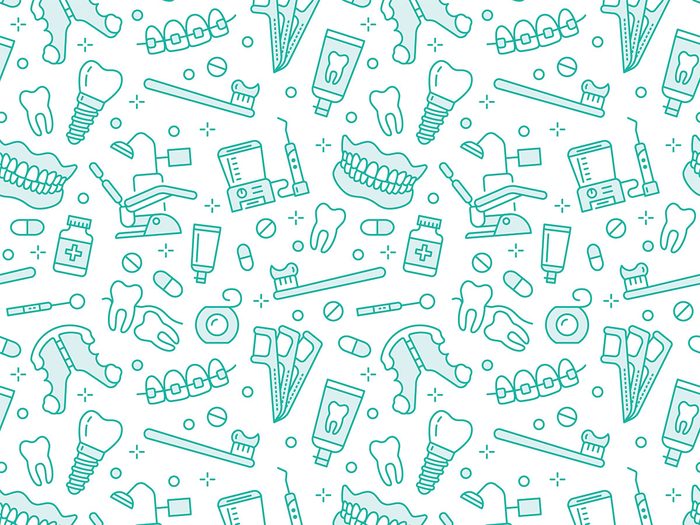
Protecting your pearly whites
Your smile is one of the first things somebody notices about you, and seeing an orthodontist practically ensures you’ll always have straight, pearly whites. At least, that’s the idea. But as with any other doctor, your orthodontist has some things they wish you knew, but probably won’t ever tell you. (By the way, you’ll definitely want to check out the secrets your dentist won’t tell you.)
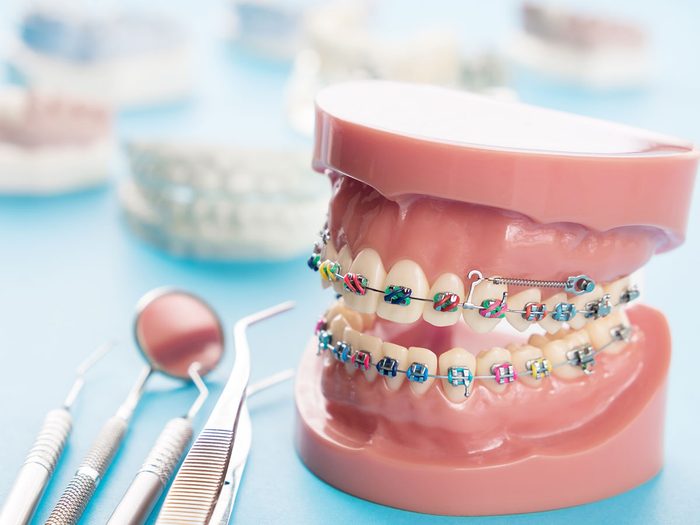
Someone else might have used your braces before you
Apparently, the mantra “reduce, reuse, recycle,” applies to braces as well as plastic bags and soda bottles. Some orthodontists cut down on waste—and costs—by recycling dental appliances. Companies such as Ortho-Cycle clean, inspect, sort, and decontaminate previously used metal brackets so that they are safe to use again. (Psst: Here’s what you need to know about whitening your teeth.)
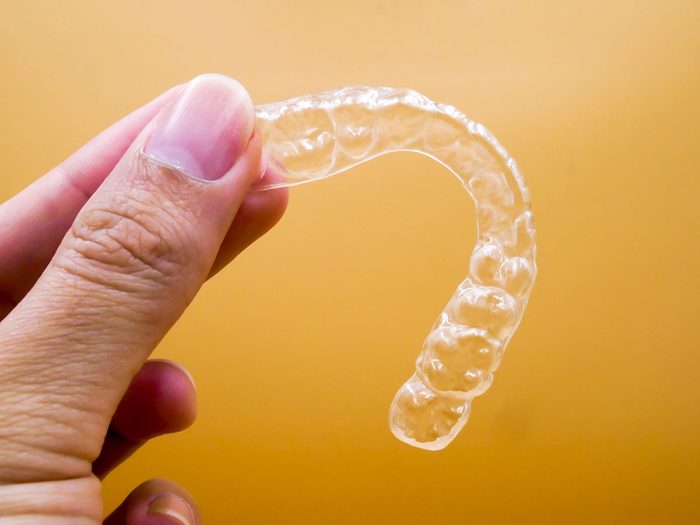
We know when you haven’t been wearing your Invisalign
Despite how persistent you are when you tell your orthodontist you’ve been actively wearing your Invisalign, they’ll know the truth right away. “We know if you haven’t been wearing your Invisalign because of a cool feature on the aligners,” says Matthew LoPresti, DDS, a cosmetic dentist in Stamford, Connecticut. “There are little blue marks towards the back of your aligners that should wear away as you wear the Invisalign. If the blue mark looks untouched, we know you haven’t been wearing the aligners.” (See if it’s too late for you to get braces.)
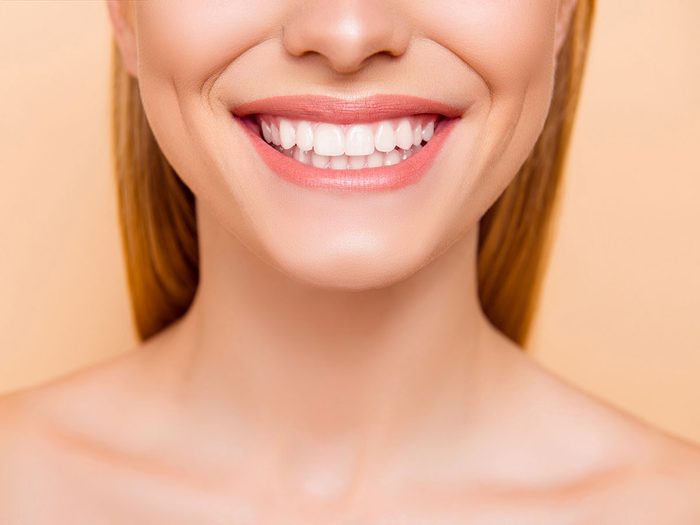
Your treatment might take longer than what we initially tell you
Your orthodontist might tell you your treatment will only take a year and a half to two years, but that’s a rough estimate. A lot of treatments take much longer than expected. “Even though a computer simulation from Invisalign that’s used to create a treatment plan is pretty accurate, our bodies are not computers,” says Jennifer Jablow, DDS, a cosmetic dentist in New York City. “You have to understand that the timeline may need to be tweaked along the way.” (Psst: Here’s how to maximize your smile.)
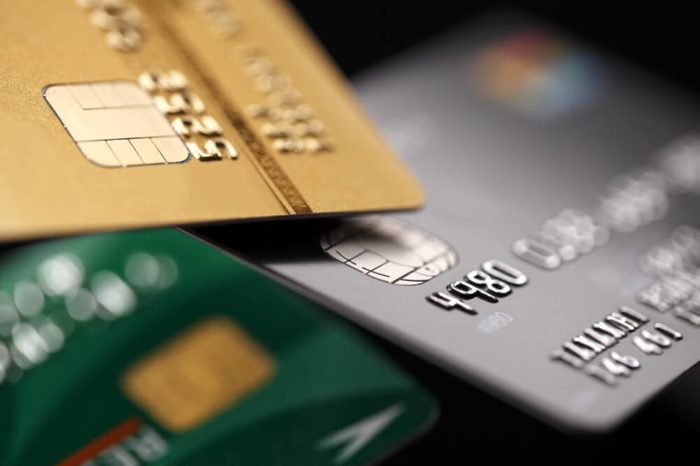
Our fees might be negotiable
Let’s be honest, a trip to the orthodontist is anything but cheap. But most doctors try to help patients manage the financial side of treatment. According to the American Association of Orthodontists, it’s common for doctors to offer payment plans for treatment. Usually, this consists of a down payment and then a 12- to 24-month, interest-free payment plan. If you’re able to pay the full cost upfront, ask if your provider will offer a discount for doing so.
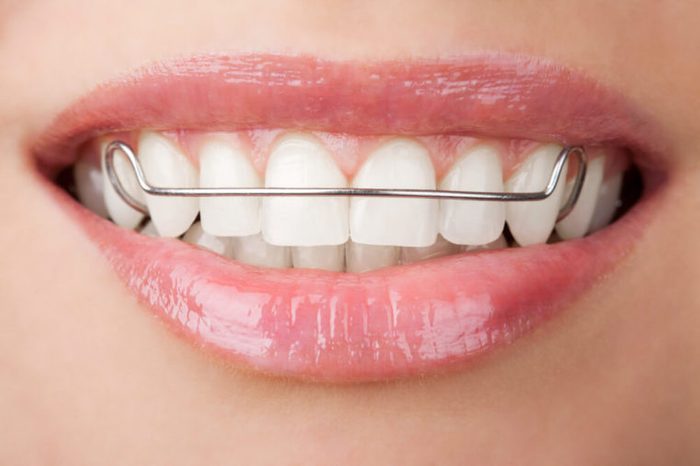
You have to wear retainers after you complete your treatment—forever
If you think you’re done with orthodontics after you finish your treatment, think again. “A retainer holds your teeth in place. After you complete Invisalign or any orthodontics, it is necessary to hold those teeth in place,” says Dr. LoPresti. “There are different options which include a removable clear retainer that is worn at night or a permanent fixed retainer that gets bonded to the back of your teeth.”
(Also, learn if you can avoid dementia by brushing your teeth.)
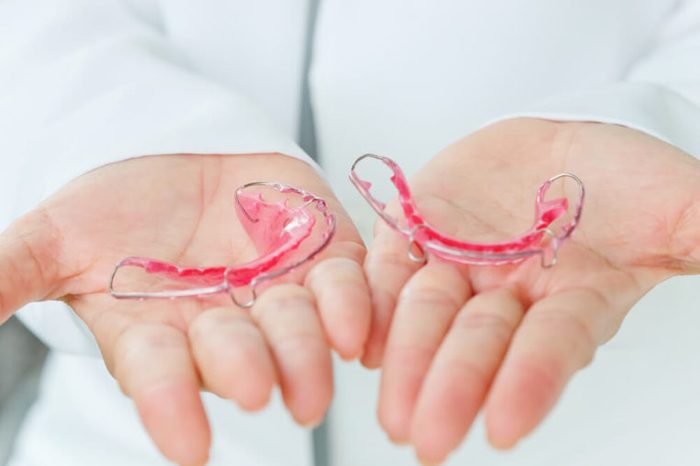
We know when you’re lying about wearing your retainer
Not only do you have to wear a retainer after you complete your treatment, but your orthodontist will definitely know if you’ve really been keeping up with it. “Patients that complete their advised treatment and achieve their desired result, but then fail to wear their retainers generally have teeth that drift apart,” says Timothy Chase, DMD, a co-founder of SmilesNY in New York City. “This can cause a relapse such as crowding, spacing or flaring of the teeth.” (Have tooth sensitivity? Here’s how to fix that.)
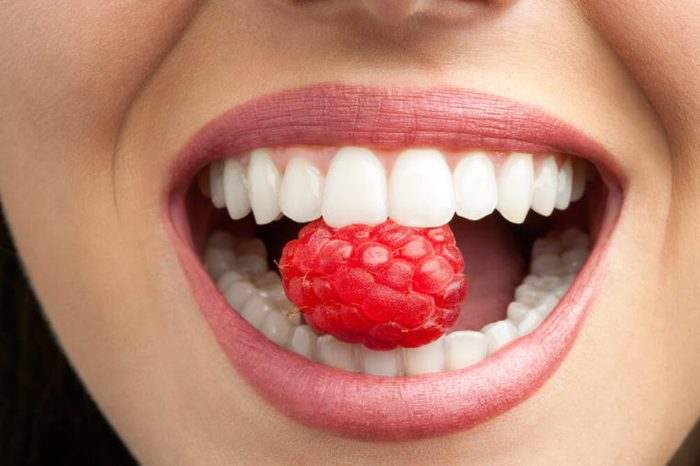
We know when you eat or drink with your Invisalign in
It might seem harmless to eat or drink with your aligners in, but you won’t be fooling your orthodontist. “When patients who eat or drink liquids (other than water) come in to see me, their Invisalign trays are often slimy, dirty, and stained,” says Dr. Chase. “Not only does this result in a cosmetically undesirable appearance to the aligners, but it also damages them and can lead to decay.” (Psst: These are the worst foods for your teeth.)
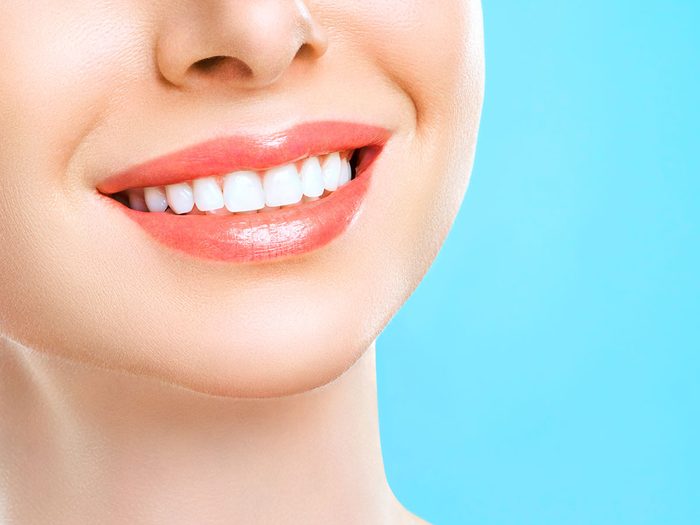
Braces aren’t just a cosmetic treatment
It might seem like people go to the orthodontist just to straighten out their teeth, but there are tons of other reasons, too. While some people can go through life with crooked teeth and be just fine, others actually require fixtures in order to chew and speak properly. “While we do want everyone to have a perfect smile, the reality is not everyone requires orthodontics,” says Seth Newman, DDS, a board-certified orthodontic specialist in Roslyn Heights, New York.
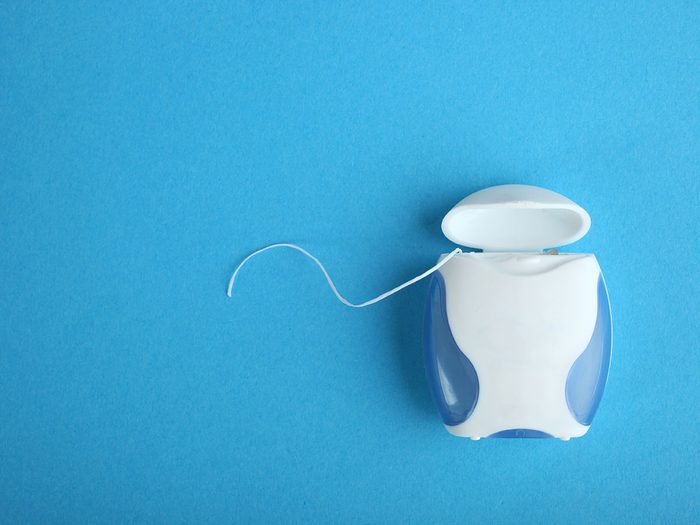
We know you don’t floss or brush as much as you say you do
Remember all those times you lied to your dentist or orthodontist when they asked if you’ve been flossing? Yeah… they knew you weren’t. “Those who do not brush and floss properly generally have a higher incidence of plaque calculus, gingivitis, and tooth decay,” says Dr. Chase. “A single day of forgetting to floss is damaging, but a week or a month of poor hygiene will result in swelling of the gums, bleeding and a foul odor.” (This is the easiest way to get rid of bad breath, according to a dentist.)
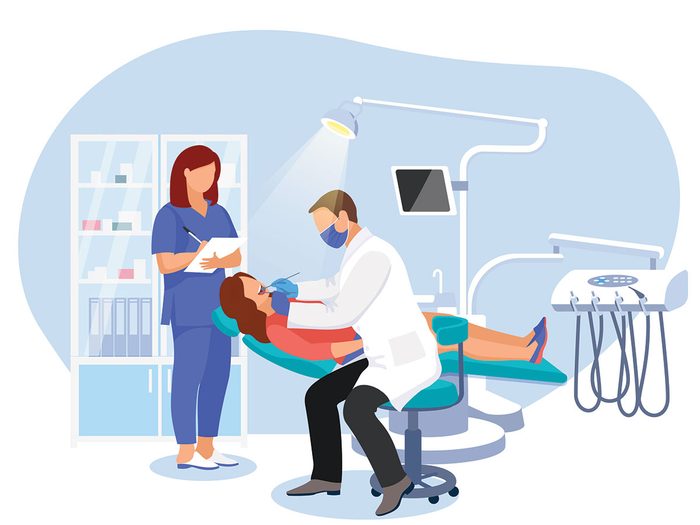
Even if you don’t think your child needs orthodontics, get them checked out anyway
Even if your children don’t show any signs of needing to see an orthodontist, you should really bring them in for a check-up no later than age seven. “If we see a patient early, and if a problem is detected, we can recommend treatment so that the permanent teeth have a good possibility of coming in properly,” according to Jackie Miller, DDS, an orthodontist in Washington, Missouri. “An early visit to the orthodontist can prevent and help detect future problems.”
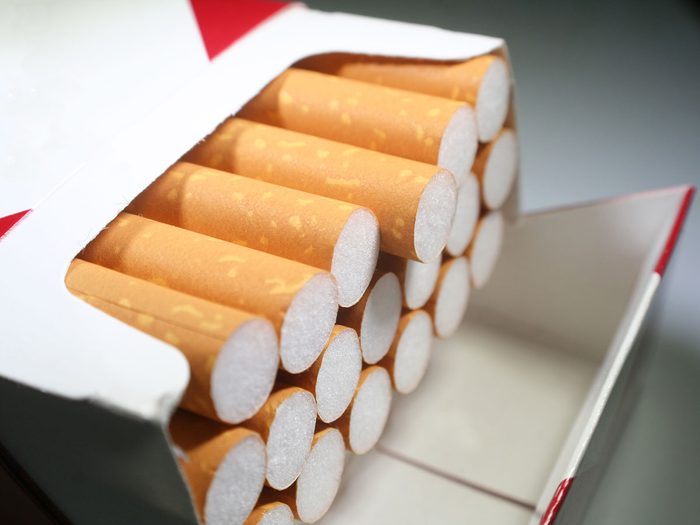
If you smoke, your treatment might take longer
In case you needed more of a reason to not smoke, it might actually cause you to need to make more trips to your orthodontist’s office. “Smokers give away their habit because of the excessive plaque that builds up on their teeth,” according to Dr. Chase. “This can have a big impact on orthodontic appliances used to straighten teeth and result in a longer treatment period.”
Next, learn about the mouthwash myths that may be ruining your health.
